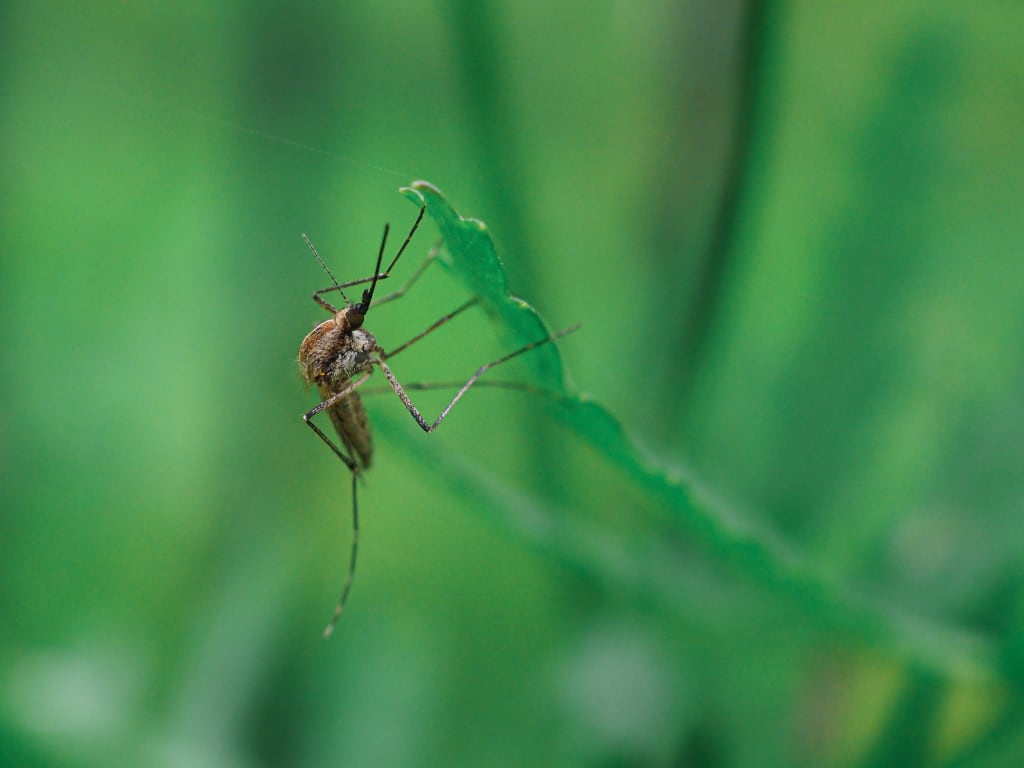The Mystery of the Mosquito Buzz: The Science Behind that Sharp and Annoying Sound
Unraveling the Science of the Mosquito Buzz: Annoying yet Adaptive Sounds of Nature

The Mystery of the Mosquito Buzz: The Science Behind that Sharp and Annoying Sound
Unraveling the Science of the Mosquito Buzz: Annoying yet Adaptive Sounds of Nature
When we think of mosquitoes, one of the first traits that comes to mind is that high-pitched, irritating buzz they produce. It's a sound that seems designed to bother us, especially when we're trying to sleep or enjoy a quiet moment outdoors. But have you ever wondered why mosquitoes make that annoying sound and what purpose it serves in their lives? In this article, we will explore the fascinating science behind the mosquito buzz and delve into the intricacies of their buzzing behavior.
The Sound of Wings
The buzzing sound we hear comes from the rapid flapping of the mosquito's wings. Mosquitoes belong to the order Diptera, which includes all insects with just one pair of wings. Unlike other insects that produce sounds through the friction of special structures, like cicadas or crickets, the mosquito's buzz is generated by the swift movement of its wings. Each wing is comprised of a thin membrane supported by intricate veins, and as the mosquito beats its wings rapidly, it creates a pulsating sound wave that propagates through the air, reaching our ears as that familiar high-pitched buzz.
Frequency and Wing Speed
The mosquito's buzz is so high-pitched because its wings flap at an extremely high frequency. Generally, mosquitoes flap their wings at a speed of around 300 to 600 times per second, resulting in a buzzing frequency of approximately 400 to 1000 Hz. This frequency is within the audible range for humans, explaining why we perceive it as such a high-pitched sound. Interestingly, the buzzing frequency can vary between different mosquito species, with some species producing higher-pitched sounds than others.
Sexual Dimorphism and Buzzing
It's interesting to note that not all mosquitoes emit the same sound. The buzzing is mainly produced by male mosquitoes, while females are relatively silent. Sexual dimorphism is the reason for this difference, as males use the buzz as part of their courtship and communication with females. The zipping sound of the male's wings is a way to attract female mosquitoes during the mating season. The buzzing serves as a signal to attract females and establish their presence. In some species, the intensity or duration of the buzz may even convey specific information to potential mates.
Wing Structure and Resonance
The structure and shape of the mosquito's wings also contribute to the generation of the high-pitched sound. Mosquito wings have a specialized structure with veins and membranes that allow them to produce the buzz. These structures act as resonators, amplifying the sound generated by the rapid movement of the wings and creating the sharp tone we hear. The interaction of the wing's structure with the surrounding air generates the characteristic sound of the mosquito buzz.
Sensitivity of Human Ears
The annoyance we feel when hearing the mosquito buzz can be attributed to the sensitivity of our ears. Human ears are especially sensitive to high-frequency sounds, and mosquitoes take advantage of this to effectively capture our attention. Our auditory system is designed to perceive and react quickly to high-frequency sounds, which explains why the mosquito buzz can be so irritating. This heightened sensitivity has likely developed as an adaptive response to detecting potential threats in the environment, including the presence of mosquitoes, which can carry diseases.
Evolution and Adaptive Advantages
Evolution has shaped the mosquito buzz over time, and this characteristic has proven advantageous for their survival. The mosquito's high-pitched sound allows it to communicate with other individuals of its species, find potential mates, and stay safe from predators. Additionally, the irritation we experience as a result of their buzzing motivates us to take measures to avoid them, such as using insect repellents or protecting ourselves with mosquito nets, reducing their impact on our lives.
Understanding the science behind the mosquito buzz can lead to new insights into the complex world of these tiny, yet persistent, insects. While this high-pitched sound may be annoying, it's essential to remember that it's a natural part of mosquito behavior and communication. Furthermore, studying the buzzing behavior of mosquitoes may have broader applications in fields such as bioacoustics, entomology, and disease prevention.
In conclusion, the mosquito buzz is the result of a complex set of factors, including the frequency and speed of wing flapping, sexual dimorphism, wing structure, and the sensitivity of our human ears. While this buzzing may sometimes test our patience, it serves essential purposes in the mosquito's life and ecosystem. Armed with this knowledge, we can better appreciate the wonders of nature, even when faced with a particularly bothersome mosquito buzzing around. So the next time you hear that familiar hum, take a moment to marvel at the intricacies of nature and the fascinating science behind the mosquito buzz.
About the Creator
Johan Jaramillo
Passionate about writing articles, stories, and tales. Each word is a blank canvas that breathes life into new worlds and emotions. Writing is my sanctuary, my way of expression, and sharing my passion with the world.
Enjoyed the story? Support the Creator.
Subscribe for free to receive all their stories in your feed. You could also pledge your support or give them a one-off tip, letting them know you appreciate their work.






Comments
There are no comments for this story
Be the first to respond and start the conversation.